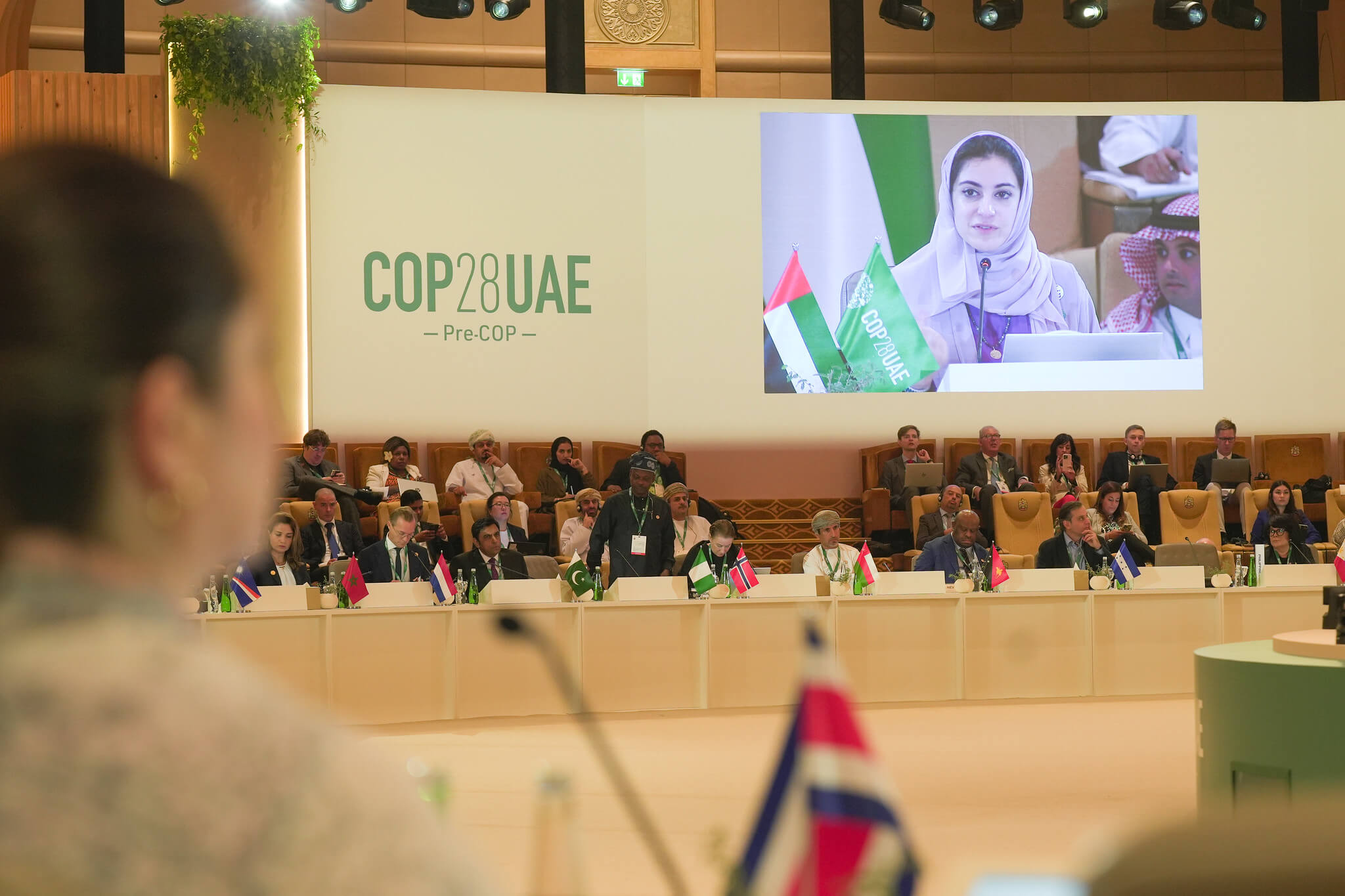Financing the future we want
Top Five Things You Need to Know
About finance and the Global Stocktake
- At COP28 in December, world leaders will look to progress and bridge the gaps in climate action revealed by the Global Stocktake (GST), which will include critical findings on finance that clearly show where progress has been made, and where there is much left to do. Harnessed properly, the GST outcomes will act as an “accelerator” to unlock the potential of the global financial system and bring it in line with climate goals.
- Approached as a guide, the GST political outcome can bring together the public and private sectors to:
- Scale up public and private finance available for developing countries
- Simplify access to climate finance for developing countries
- Reform the global approach to climate finance, focusing on inclusive governance and impact
- Reallocate global finance to low-emission, climate-resilient pathways
- Ultimately, we need $4 trillion flowing annually to climate action to effectively address the scope of impacts associated with rising global temperatures. The GST must direct the world to take urgent and bold steps towards this shared, and crucial, goal.
- While the quantity of finance is crucial, so is the quality. Ensuring that terms and conditions on which finance is provided enables implementable and impactful climate action, while also driving sustainable development, must be a focus of the political outcome of the GST.
- Immediate and transformative action to change global financial systems must be spearheaded by Global North countries. Having amassed the majority share of global capital, developed nations must move first and fast, committing to the greatest changes within their borders and providing more equitable access to capital to those beyond their borders.
Climate finance enables a more equitable world
- Finance underpins climate action and sustainable development. If we successfully shift the global finance system to one which aligns with low-emission, climate-resilient development pathways, the world will be able to transition effectively to a green future and slow global temperature rises – saving millions of lives and improving our collective quality of life.
- If finance is reallocated urgently, equitably, and in line with current needs, developing countries – many of which have done the least to cause climate change – will have the financial means they require to face climate impacts and drive long-term sustainable development. The Global Stocktake’s findings on finance must lay out clearly that climate change is not a challenge to be approached through standalone solutions. The financial system is entirely interlinked: funding and financing of action must be approached holistically and inclusively so we can move forward on a clear, unified path.
Ideal Outcomes
- Scale up public and private finance available for developing countries, by:
- Encouraging developed nations to dramatically increase public climate finance flows in addition to technology transfer and long-term capacity building support to developing nations
- Adopting financial measures like debt restructuring and forgiveness, or debt-for-nature swaps, to reduce or avoid debt-burdens, which curbs countries’ ability to manage impacts of climate change and restricts sustainable investment
- Making investing in climate solutions more affordable for businesses through favorable lending terms and increased use risk-taking or concessional capital
- Simplify access to climate finance for countries, by:
- Enabling straightforward and timely access to funding
- Leaning into a bottom-up approach that puts the needs and expertise of local stakeholders at the forefront of allocation decisions
- Establishing routes to effectively assess and meet needs for funding, particularly at a local level
- Reform the global approach to financing climate action, focusing on inclusive governance and impact, by:
- Pushing for regulatory and policy change that align financial policy and fiscal incentives – including new and reformed taxes and subsidy schemes – to support just and rapid decarbonisation
- Mandating financial institutions and investors to set climate targets and transition plans bringing the global financial system in closer alignment with UNFCCC priorities
- Supporting the availability and impact of risk-taking capital and concessional finance
- Improving transparency and accountability measures for institutions committing to net zero and striving to meet Paris Agreement goals in climate finance services
- Reallocate global finance to low-emission, climate-resilient pathways, by:
- Encouraging corporate setting of near-term climate targets and tangible, traceable actions to meet them
- Establishing a clear roadmap for financial system reform towards low-emission, climate-resilient development, including enhancing the role of multilateral development banks in capital allocation.
- Encouraging the Global North to make significant steps to continue to reduce their contributions to climate change and divest from dirty industries
Published September 7, 2023
Downloads
